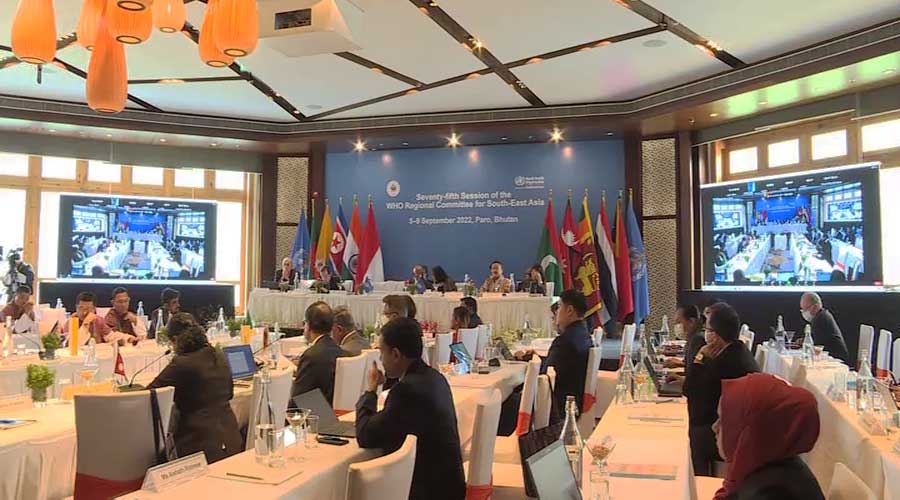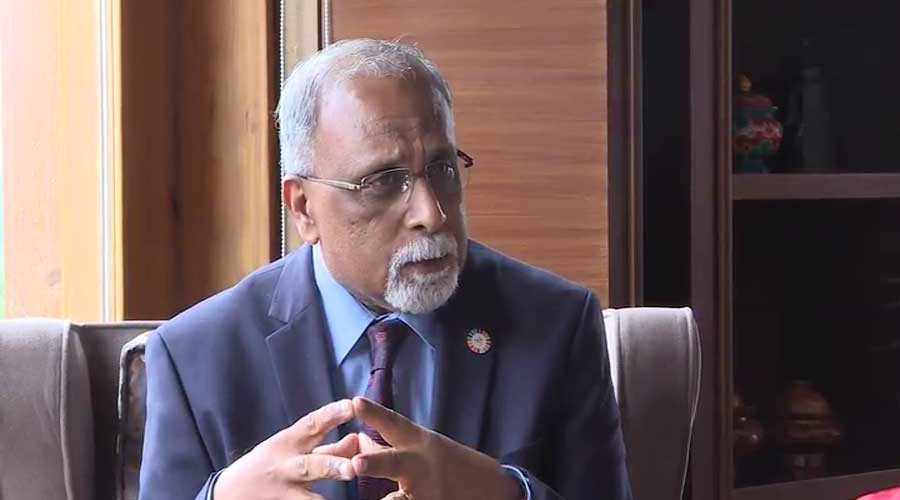
The South-East Asian member countries of the WHO endorsed a Roadmap for the prevention and control of non-communicable diseases in the South-East Asian region 2022-2030 during the regional committee meeting today. According to the WHO, NCDs impose a major and growing burden on health and development in the regions. Over 74 per cent of all deaths worldwide are from NCDs with a high burden in low and middle-income countries.
The regional NCD Implementation Roadmap 2022–2030 will provide strategic directions towards accelerating the NCD response of the member states through primary health care and universal health coverage approaches. The roadmap will guide the member states to strengthen prevention and control programs towards achieving the agenda 2030 targets related to NCDs.
The Regional Director of South East Asia added although trends are in the right direction, there is a need to accelerate efforts to achieve global, regional, and national goals.

“The roadmap provides tools. First, it is to assess where the country is. So, there are tools about what is the status of the health system, what are the status of the policies, tobacco, and alcohol, what is the status of mortality, and all that. The second main element is called priority and acceleration because NCDs have many conditions, and it has many interventions. Not every country can do everything. So, what is appropriate for Bhutan at this particular point, we can help Bhutan to identify. Then we will have to accelerate and the last element is accountability,” said Dr Cherian Varghese, Regional Advisor for Non-Communicable Diseases, SEARO.
During the session, the member states also endorsed two action plans for oral health and integrated people-centered eye care in the region.
The WHO also committed to providing adequate technical support to member countries in the implementation of the three plans.
Namgay Wangchuk/Kinley Dem
Edited by Sonam Pem








